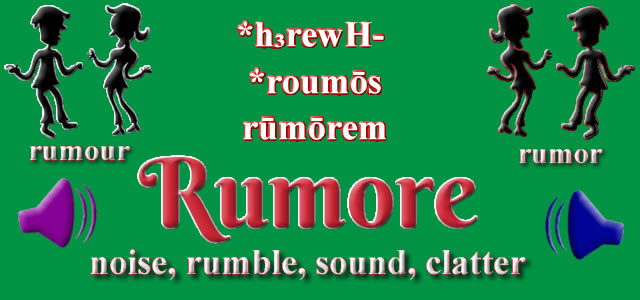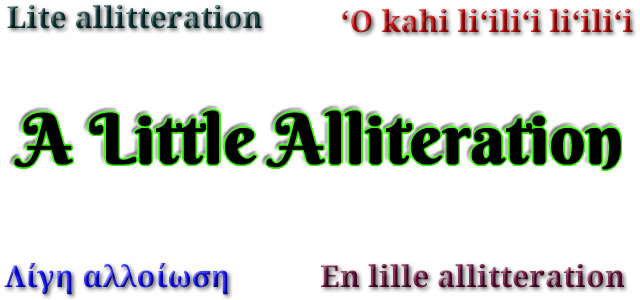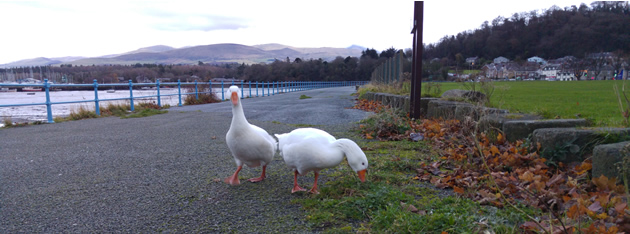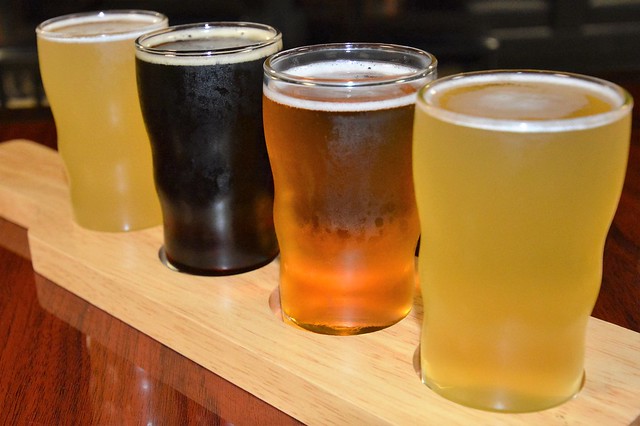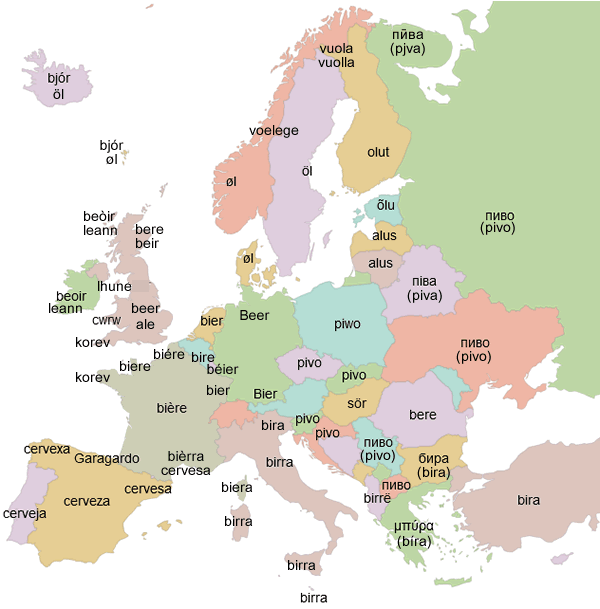The Italian word panna looks like it could mean pan or something similar, but in fact means cream.
A lot of Italian words are similar to words in Spanish, French or English, so you can often guess their meanings, but sometimes you come across words like this that don’t mean what you might expect them to mean.
Panna [ˈpan.na] comes from panno, which means cloth, as cream covers milk like a cloth, from Latin pānnus (cloth, rag, garment), possibly from Proto-Indo-European *peh₂n- (fabric). Or from Latin patina (a broad, shallow dish, a pan, a kind of cake, a crib, a manger), from Ancient Greek πατάνη (patánē – a kind of flat dish) [source].
Types of panna in Italian include:
- panna acida = sour(ed) cream
- panna da cucina = long-life cream used for cooking, double cream (UK)
- panna montata = whipped cream [source]
- panna cotta = panna cotta – a northern Italian dessert consisting of flavoured double cream set with gelatine, often served with fruit sauce or caramel syrup.). Lit. “cooked cream” [source]
Other words that come from the Latin pānnus include (window) pane in English, pan (piece, part, side, face, flap, patch) in French, pano (cloth, rag) in Portuguese, paño (cloth, wipe) in Spanish, and πανί (paní – cloth, fabric, sail) in Greek [source].
Other words from the Latin patina and/or Ancient Greek πατάνη include pan, patina (a coat, film, glaze) in English, patena (paten – the plate used to hold the host during the Eucharist) in Italian, panela (a solid piece of unrefined sugar; a Mexican cheese) in Spanish, pan (pan, cooking pot) in Dutch, Pfanne (frying pan) in German, panna (forehead, brow, pan, boiler) in Swedish, pande (forehead, pan) in Danish [source].
The word crema [ˈkrɛ.ma] is also used in Italian for cream, particularly to cleaning creams, lotions, the colour cream or cream flavour. For example, crema solare is sun cream, crema per il viso is face cream, crema detergente is cleansing cream, crema da barba is shaving cream and so on [source].
Crema comes from French crème (cream, cool), from Middle French chresme (cream), from Old French cresme (cream), from Latin crāma, from crāmum (cream), possibly from Gaulish *crama (?), from Proto-Celtic *krammen (?), from Proto-Indo-European *(s)krama- (?) [source].
Related words include:
- cremino = a chocolate truffle, a creamy cheese
- cremoso = creamy
- cremosamente = creamily
- cremosità = creaminess
- scremàre = to skim, to cream off





